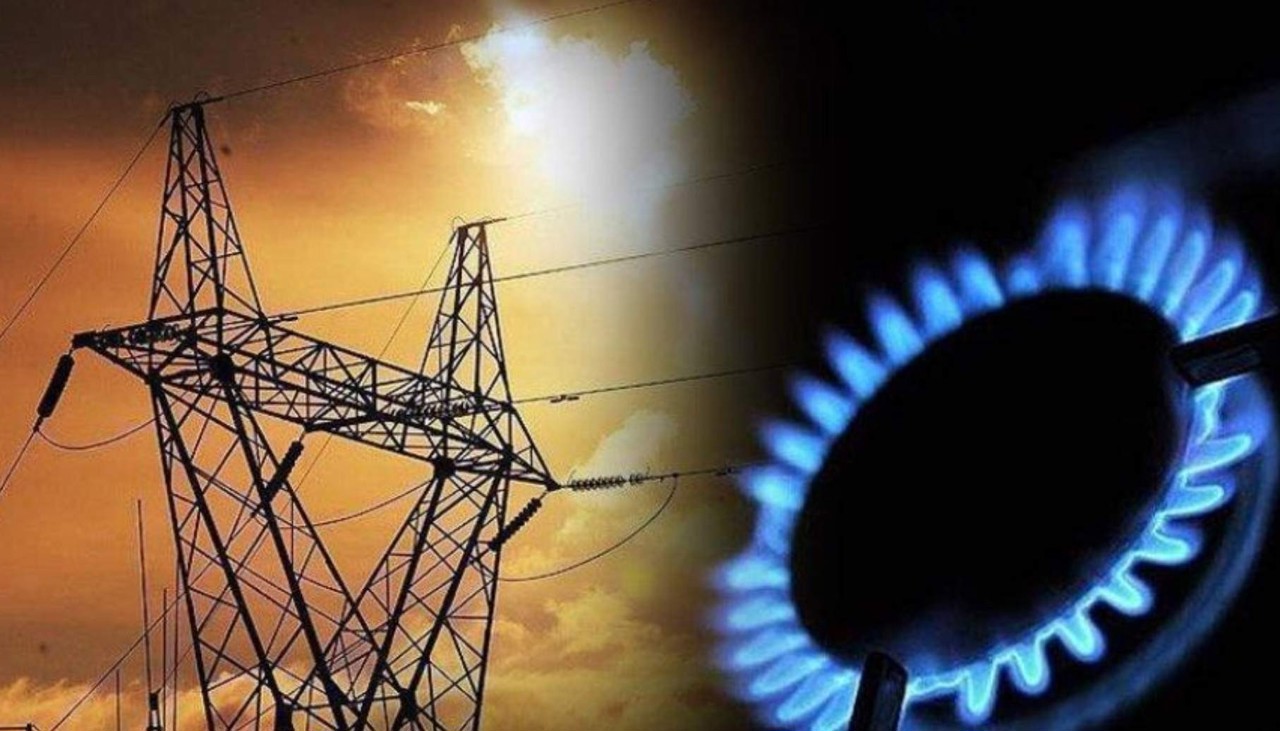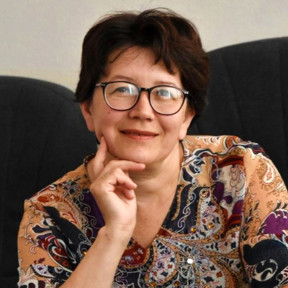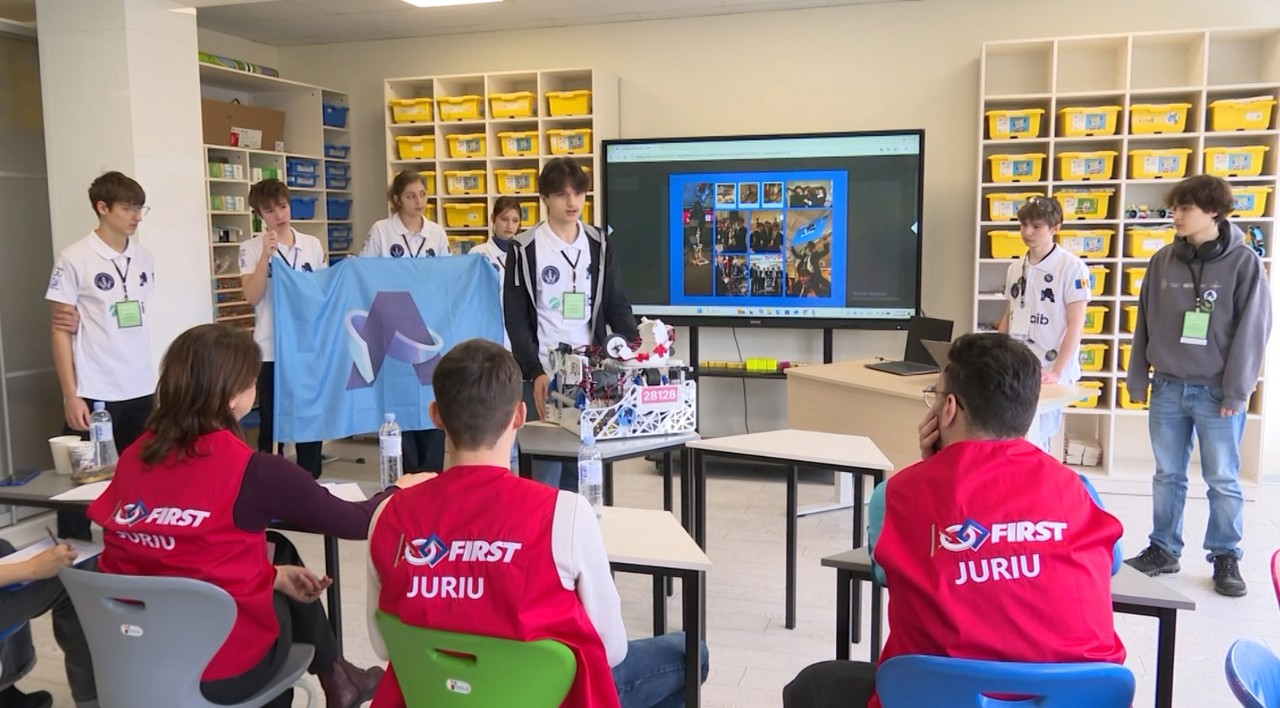Memorandum boosts energy security in Moldova, Romania
Moldova and Romania will take a major step towards closer energy cooperation by signing a memorandum of understanding on December 11th. The agreement will focus on interconnecting the two countries' natural gas and electricity networks.

"The advancement of these investment projects will enhance the energy security of both states and diversify regional energy sources," stated Cristina Pereteatcu, Secretary of State at the Moldovan Ministry of Energy.
The memorandum includes provisions for:
- Expanding the Iași-Ungheni-Chișinău gas pipeline: This project aims to increase natural gas transportation capacity, potentially by 2031.
- Constructing a 400 kV Suceava-Bălți overhead power line: This key infrastructure addition will improve electricity transmission between Moldova and Romania.
- Building a new 400 kV interconnection line between Strășeni and a Romanian substation: This line will further strengthen the electrical grid connection between the two countries.
- Designating OPCOM SA as the electricity market operator in Moldova: This move facilitates Moldova's integration into the European Union's internal energy market.
Energy expert Ana Otilia Nuțu from Expert Forum Bucharest expects the memorandum to significantly enhance energy security in the region within the next 2-3 years. She noted that Romania's vast energy potential currently remains untapped due to network limitations. The new infrastructure projects will allow increased electricity production and export to Moldova.
Nutu also highlighted the benefits of the synchronisation of Ukraine and Moldova's electricity grids with the European grid in March 2022. This step allowed for the optimization of the Isaccea-Vulcănești-Chișinău line project, reducing investment needs and freeing up resources for other critical infrastructure developments, such as the Suceava-Bălți line.
This memorandum represents a significant milestone in the integration of Moldova's and Romania's energy markets. It will improve energy security, diversify energy sources, and ultimately contribute to a more sustainable energy future for the region.
Translation by Iurie Tataru





